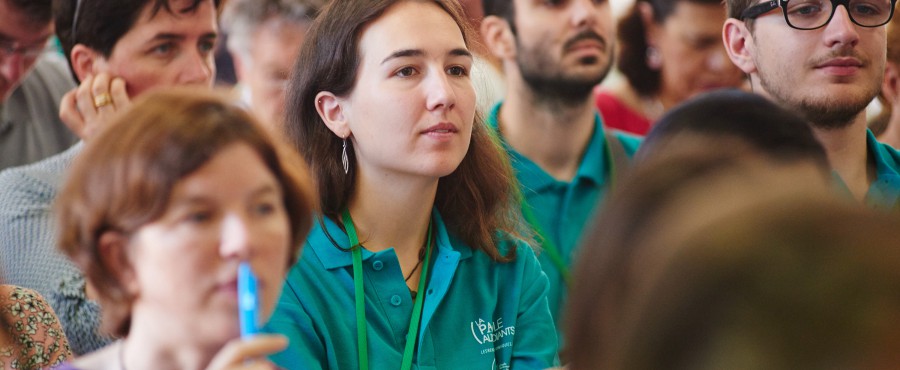4 Jul 2015
How to Train our Children for Future Challenges?
Session 9

We have been in the knowledge economy, i.e the Third Industrial Revolution for twenty years.
The technical shift has ushered us into a hyperentrepreneurial universe where the line between goods and services is blurring into obsolescence, while the automation will make services provided to end-users more flexible than ever before. This means the productive forces will need to be more flexible and interoperable, which implies providing an education based on thorough training in the natural sciences and social sciences. Software programs will play a key role in merging goods and services.
Added to a solid foundation in mathematics and physics, should young Europeans acquire high-level proficiency in coding for the economic and social rigours of 2020 and 2030? Do we have to step up education in the social sciences and the humanities in order to predict the desires of global consumers who are looking to break the monotony of consumerism by forming local and cultural foothold? The current technical shift is summoning a Renaissance of education in Europe, especially in France.
Introduction

Jean-Paul DE GAUDEMAR
Honorary Rector, adviser to the Minister of National Education, Higher Education and Research
Biography







